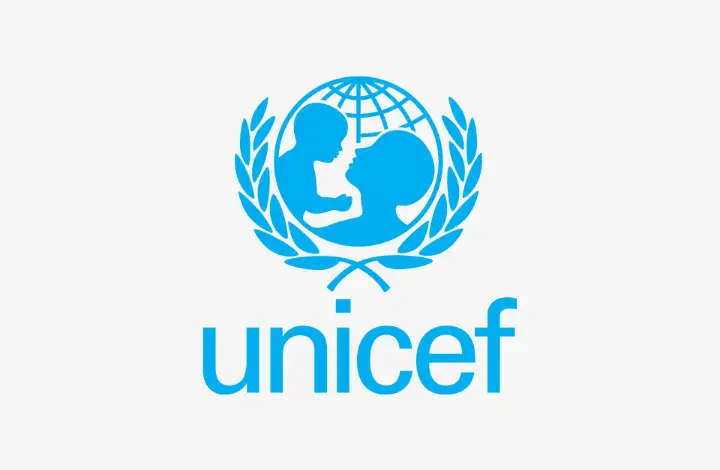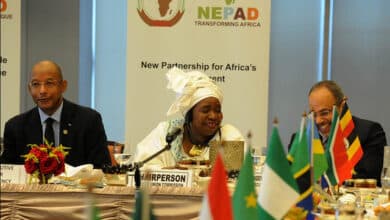UNICEF: ADMINISTRATIVE DATA SPECIALIST

Location: USA|
Deadline: Wed Aug 12 2020 06:55:00 GMT+0300 (GMT+03:00)|
Work type: Consultancy|
BACKGROUND
The 2020 round of census activities has seen more countries than ever before move towards completing their census activities by linking and collating data from routine administrative data systems. This trend is likely to continue in the future, as countries try to balance the cost of large-scale survey collections against other financial demands; particularly in light of the changing economic realities created through the current global pandemic.
There has, however, been only very limited discussions around the breadth of data that could or should be captured through these census processes – particularly in regard to children. The census is a critical source of data on the populations which UNICEF serves, and provides the foundation of nearly all the population estimates that we use in our day to day planning, and the denominators used for population-based indicators across all sectors from environment and hygiene, to education, health, nutrition and safety. A traditional census however provides substantially more than just population estimates however, covering a broad spectrum of demographic, social, housing, environmental and indicator data on the households where children live. These data are invaluable to both governments and UNICEF in understanding the situation of children globally and what is needed to ensure that no-one is “left-behind”.
As more countries look at either “administrative data based censuses” or hybrids that include some limited direct data collection from households linked to identifiers in existing administrative data sets; it is an important moment for UNICEF to consider what this shift may mean for the availability and quality of data on children, and what data on children we should be advocating for inclusion in these processes as a “minimum approach”. These data should be considered in regard to their relevance to the 2030 sustainability development agenda, their suitability for inclusion in an administrative based census, and the potential risks that should be identified and managed in the collection and collation of this data. The work should also identify what essential data (if any) cannot be adequately captured through these processes in order to inform a broader conversation around how to meet these data needs in the future.
Terms of Reference / Deliverables
The scope of work is anticipated to address the following elements:
- How will a shift towards conducting censuses through admin data (and data linkage) affect the availability of data on children as compared with more traditional approaches.
- What impact(s) on data quality (and subsequently on how we are able to interpret and use data) are likely.
- What recommendations should UNICEF be making to partner UN agencies and countries looking to conduct an administrative data based census on including data on children – including:
- Minimum data sets/ elements to be sought
- Data protection or ethics concerns to be aware of
- Offset measures – what adjustments should be made to other data activities (such as national surveys) to offset anticipated data gaps.
- Examples of good practice or lessons learnt / case examples.
Specific work products are anticipated to include:
- A draft technical report addressing all key elements above (16 days) – this is anticipated to include a desk review, search of available sources, and interviews with relevant contacts at UN partners, regional statistics bodies (EuroStat, Paris21, ESCAP etc.), or national government as appropriate.
- A final report, amended for feedback from UNICEF staff and key UN partners (3 days)
- A short summary document for public advocacy purposes based on the agreed final produce (1 day)
The consultant will report to the Statistics Specialist (Administrative Data), in the Data Use Unit – and will be expected to engage closely with UNICEF staff in the design and completion of this work.
Qualifications
- At least six years of experience in official statistics (ten if applying with a Bachelors degree)
- Demonstrated knowledge and experience in analysis and design of national census collections.
- Strong experience working with administrative data systems (in health, education, social welfare etc.) , including functional identity and data linkage.
- Proven research skills (including qualitative analysis and study design) and demonstrated record of peer-reviewed publications.
- Experience formulating guidance documents and tools.
- A solid understanding of UNICEF’s core areas of work and familiarity with the UN statistical community.
- Excellent written and spoken language skills; and strong inter-personal communication skills.
Requirements:
- Completed profile in UNICEF’s e-Recruitment system and provide Personal History Form (P11) Upload copy of academic credentials
- Financial proposal that will include:
- your daily/monthly rate (in US$) to undertake the terms of reference (can be downloaded here: https://www.unicef.org/about/employ/index_consultancy_assignments.html
- travel costs and daily subsistence allowance, if internationally recruited or travel is required as per TOR.
- Any other estimated costs: visa, health insurance, and living costs as applicable.
- Indicate your availability
- Any emergent / unforeseen duty travel and related expenses will be covered by UNICEF.
- At the time the contract is awarded, the selected candidate must have in place current health insurance coverage.
- Payment of professional fees will be based on submission of agreed satisfactory deliverables. UNICEF reserves the right to withhold payment in case the deliverables submitted are not up to the required standard or in case of delays in submitting the deliverables on the part of the consultant.
How to apply?
Follow this link to apply https://www.unicef.org/about/employ/?job=533317




